I am getting to know my mother, even more so, after her demise: Ali Fazal
Actor Ali Fazal digs into the deepest corners of his heart during The Slow Interview with Neelesh Misra. Meet the artiste behind the art. He speaks about what determines creative choices, the eclectic influences he had, growing up, and the constant urge to understand the world we inhabit.
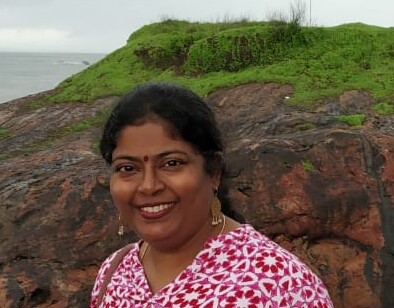
If you’ve watched Ali Fazal on screen, you know he loves tender pauses and the art of ‘just being’ on screen. He also does the desi boy caught between the past and the contemporary all too well, as we saw in Bang Baaja Baaraat. He also does the anti-hero well. Remember Mirzapur’s Guddu?
However, watch The Slow Interview with Neelesh Misra on YouTube and The Slow App, and you get to know the person behind the pauses, and the thought behind his performance.
It is difficult to classify the interaction as even a conversation. It was more about a person’s thoughts, with Misra providing the right nudges that got Fazal to open up about everything from his different childhood, his bond with his mother and father, which were stark in contrast, and how he reacted to the books they gifted him — he cherished his mother’s, because she would give just one, while he resisted what his father, who was someone he primarily bonded with over the phone, gave him.
Fazal said he was speaking for the first time about his parents, who split up when he was in Class 12, on camera — in front of three actually — and his eyes melted over when he spoke about his late mother. “My mother’s influence was very different, and I picked up a lot unconsciously. I learnt much later that she was an actor in her time at AMU [Aligarh Muslim University]. I saw her in a photo with a mooch [mustache] and all that…” he said.
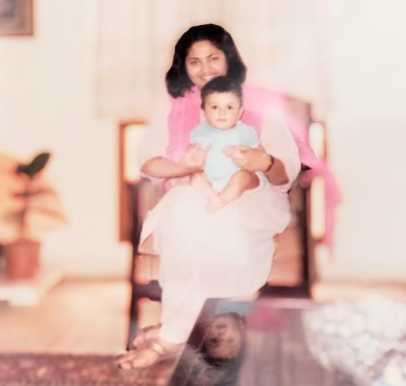
The Godfather chronicles
Speaking about his painter-mother who had a slightly teda style of parenting, Fazal spoke of how he was once asked to narrate the first story he heard. “I spoke about a family that lived in New York and had Italian roots and how there’s a murder… and my friend said that it was the story of The Godfather. I came home and asked ‘Amma, what did you tell me?’ and she said ‘The Godfather, Part 1’. She thought I’d like it. I am getting to know my mother, even more so, after her demise,” Fazal said.
Also Read: The Slow Interview with Suresh Raina: All about the moments that make a cricketer
With time, Fazal has made some sense of his bond with his father too. “He would get about an hour-and-a-half to speak to me, and would tell me what is good for me. I was a rebel and looked at the phone call as a compulsion. Now, I know better. He tried telling me all he could. It was me who could not follow orders.”
Fazal’s bond with his granddad is heartwarming. He got him his first chocolate, taught him to drive a chocolate brown Maruti vehicle… “He was a wrestler and Clark Kent [Superman] in my script,” laughed Fazal. “I would count animals as we travelled, and he was the first one who told me to do just what I wanted to do.”
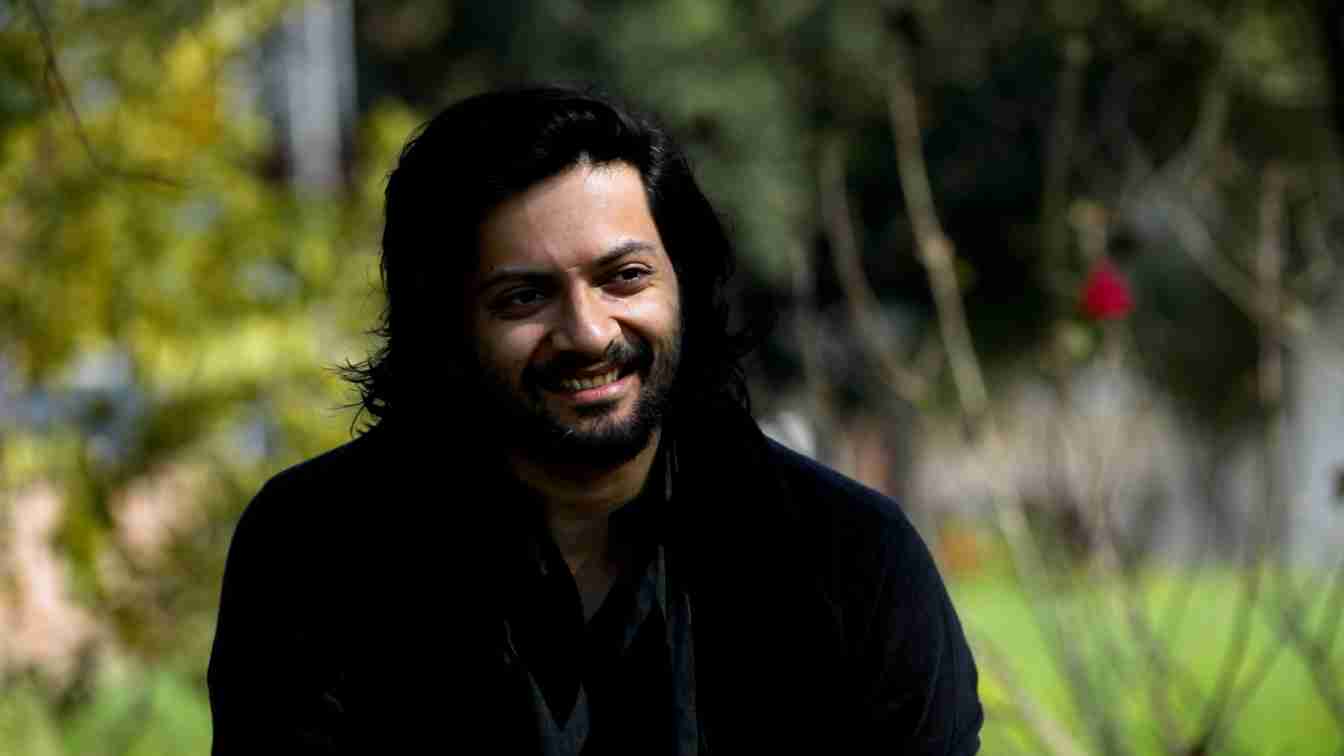
Family time
And then, even as he dealt with a sniffle in the sharp North Indian winter, Fazal dug deep to come up with warm nostalgia — he spoke about his womb memories, and how he was always ridiculed for them. “I remember my mother doing aerobics, my maamu screaming…”
Also Read: The Slow Cafe: Yami Gautam on her first flight, plucking ‘ambiyan’ and the experience called Mumbai
And somewhere during this phase, you can almost guess why he was chosen to play Abdul in Victoria and Abdul, which explores the unique relationship between the then Empress of India and her helper — there’s a genuine warmth about Fazal that no winter can hide for long.
Personality trait
Few people speak with candour about the minor chinks in their armour, the personality traits that others can wrest and weaponise. But Fazal chose to speak about how he has always been a ‘pleaser’, who always does his best to ensure no one is upset. “I have to always save the situation,” he said.
As a student, Fazal loved biology, he loved to know how the human body functioned. How the mind could sometimes take over the body. He saw that first hand when his grandfather returned home from hospital after an especially gruelling stay following fluctuating sodium and potassium levels.
“A man so old and frail and unwell suddenly developed the strength of a young man as he insisted he had to get up and go. And once he calmed down, he asked me to put a book by his bedside. It was a book of poetry, his former girlfriend’s book. Before I could react, he told me that my naani knew,” narrated Fazal.
Fazal loves listening to people, even for hours as they speak about their life, he said, even as Misra spoke about his bond with his father and living in the hills. This conversation, as any The Slow Interview is, is peppered with visuals of birds and of a little boy monkey-pedalling a cycle as he carries a small stack of firewood.
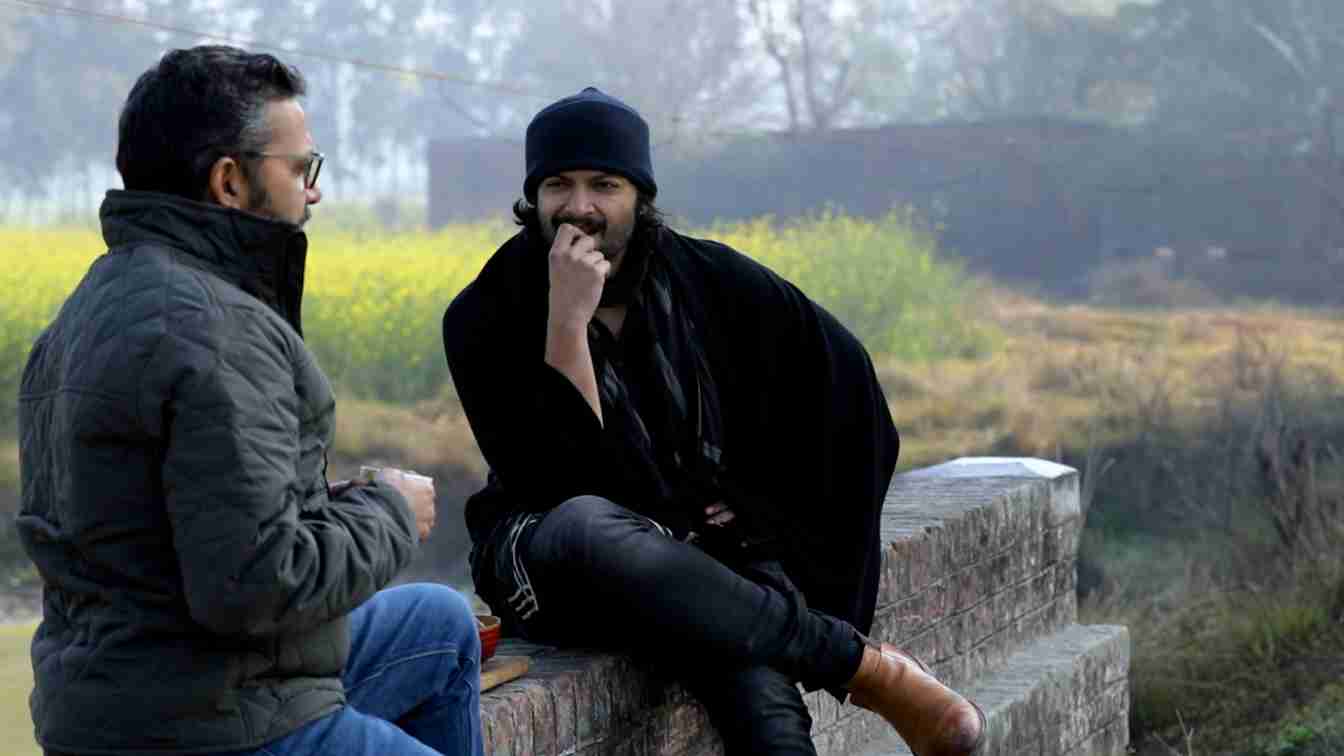
Walking with Misra in the Slow campus, Fazal said hello to Misra’s parents. Misra’s father Shiva Balak Misra is a noted geologist, writer and social worker. He struck a conversation and Fazal listened intently as Misra Sr spoke about how life was created from inorganic molecules. You just sensed that Fazal was stashing it all away, to dip into when needed.
International career
Fazal has had a good run internationally too, with billing in Furious 7, the seventh installment in The Fast and the Furious franchise, For Here Or To Go? Victoria & Abdul and Death on the Nile, based on Agatha Christie’s novel of the same name. And, to think the audition for Furious 7 was done sitting in a room with poor cell phone reception in Mussoorie.
Also Read: Now, when I visit my village, I spend hours looking at the dewdrops: Pankaj Tripathi
“One of my friends called Sagar played Vin Diesel and I recorded my portion. My friends rushed it to the nearest big city and sent it to the producers. In one week, I was in America,” Fazal recalled.
The conversation then drifted to excessive on-screen violence and abuse, something Fazal’s show Mirzapur was accused of too. “I’m torn between the idea of how far one can push art, because that is our stage and our canvas has gotten bigger. I feel we are in the trial and error phase right now. When OTT was new, sexual content was peaking… it was a case of ‘you can, therefore you must’.
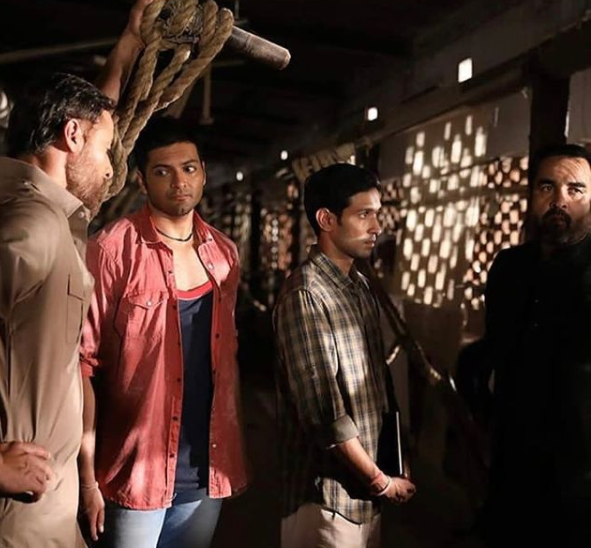
Slowly, we makers and communicators are becoming responsible. Of course, I have asked questions, had arguments on set if something needed to be shown. That has been an endless debate, and I’ve not reached any conclusion as yet,” spoke Fazal.
Also Read: I came back to life and living in Varanasi: Vikas Khanna
Has Fazal seen failure? “Oh yes, even recently, when I had to empty out my bank balance to help someone. But, after years, I did not worry about anything.”
As for every turning cynical or over-important, Fazal said he was afraid of taking oneself too seriously. “I am afraid of being cynical. There’s a quote by Michael Brando about how he feels the plumber’s life is more important,” he smiled.
Does he miss being anonymous? Fazal had a roaring laugh and went on to narrate how people would tell him they recognised him, and ask him where they might have seen him. “This is worse than not being known,” Fazal said.
Just before the credits rolled, Fazal attempted to launch a paper plane. It crash-landed. “This is probably why I never became a pilot,” he laughed.
Also Read: Gaitonde from Sacred Games is brutal, abusive and cocky, but the real Nawaz is quite the opposite

